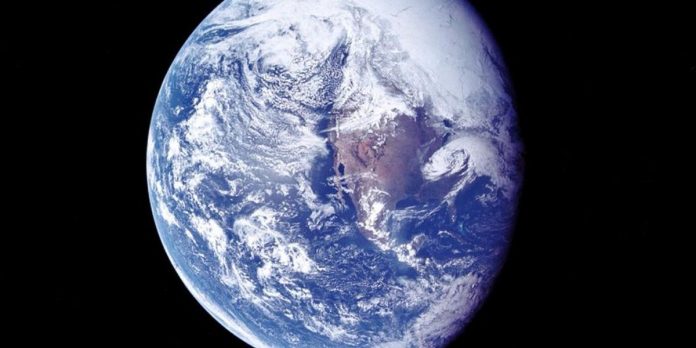Is the Earth spinning faster? Scientists think so.
They believe each day is a smidge shorter than 24 hours because the planet is rotating faster than it has in 50 years, according to the Daily Mail.
Since last year, a full day has been taking less than the normal 24 hours. July 19, 2020, was the shortest day since scientists began keeping records in the 1960s — 1.4602 milliseconds shorter than the full 24 hours.
That’s a retreat from previous records showing that for decades, the Earth took slightly longer than 24 hours to complete a rotation.
The International Earth Rotation and Reference Systems Service (IERS) announced in July of last year that no “leap second” would be added to the world’s official timekeeping in December 2020.
Like leap years, leap seconds are time adjustments. Timekeepers at the Paris-based IERS have added leap seconds to 27 days since the 1970s, with the most recent on Dec. 31, 2016. They keep atomic time in line with solar time, thereby keeping satellites and communications equipment in sync, according to the Daily Mail.
Since leap seconds are always added on the last day of June or December, the next possible date for a leap second is June 30, 2021.
A 2015 study published in Science Advances suggests global warming may be the reason behind the Earth’s speedier rotation. As glaciers melt, mass redistribution is causing the planet to shift and spin faster on its axis.
According to scientists, the days are on average about 0.5 seconds shorter than 24 hours. Though the time difference is noticed only at the atomic level, experts say its impact could be significant.
World timekeepers are debating whether to delete a second from time — called a “negative leap second” — to account for the change and bring time passage back into line with the rotation of the Earth.
“It’s quite possible that a negative leap second will be needed if the Earth’s rotation rate increases further,” Peter Whibberley, a senior research scientist at the National Physical Laboratory, told The Telegraph. “But it’s too early to say if this is likely to happen.”




























